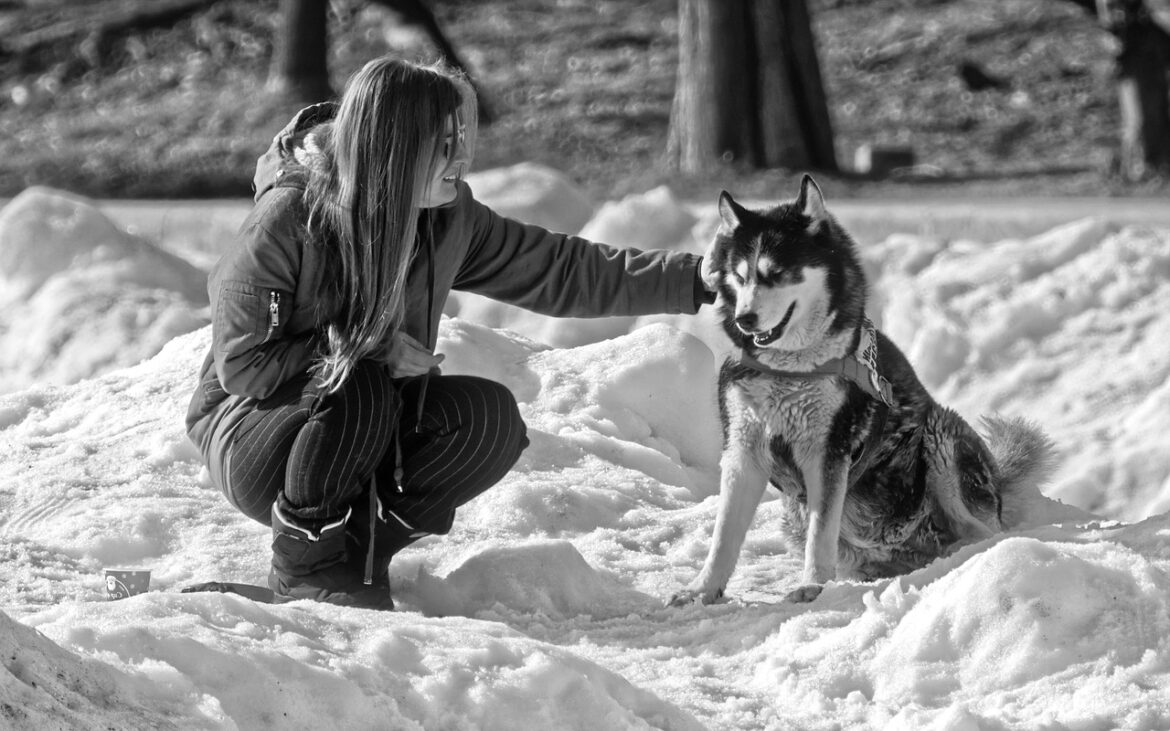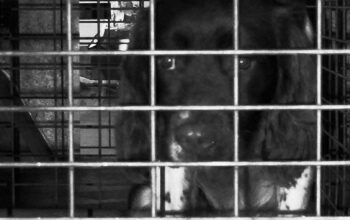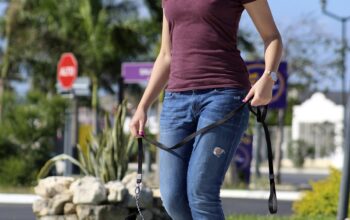You may be reading this because you are currently involved in a training program or you are searching for different training options for your dog. It is important to know what you want your dog to do, what things you want your dog to stop doing, and what you hope to accomplish in the future.
The beauty of some of these problems is that they are pretty straight forward and if they are approached in the right way, these things can be eliminated or improved fairly quickly. Some more serious or complex behaviors and habits in dogs can also take longer periods to get under control and progress to the point where progress can be seen. Longer periods without any financial benefit can be very frustrating, especially when we are used to getting a lot of what we want immediately!
It is also extremely important to realize that not everything is fixable. There may be issues that are always present in your dog, but this does not mean you can’t see great improvements and use your new-found skills to manage these behaviors.
Sure, a good training program can teach your dog some functional skills such as coming when called, correct greetings for people, how to go to their bed and stay there, how to walk well on a leash and much more. A good training program will, however, not keep you off the hook for any kind of supervision, guidance, interaction, surveillance and other attribution skills. Until then, as I mentioned above, a good dog training program can teach skills but it is up to you to use those skills to manage your dog the entire day effectively.
Through consistent communication and management, dog training can significantly improve the level of fun you have together. Over time, if your dog is consistently consistent, the new behavior will become permanent and almost automatic, but until then – keep your training expectations realistic!



